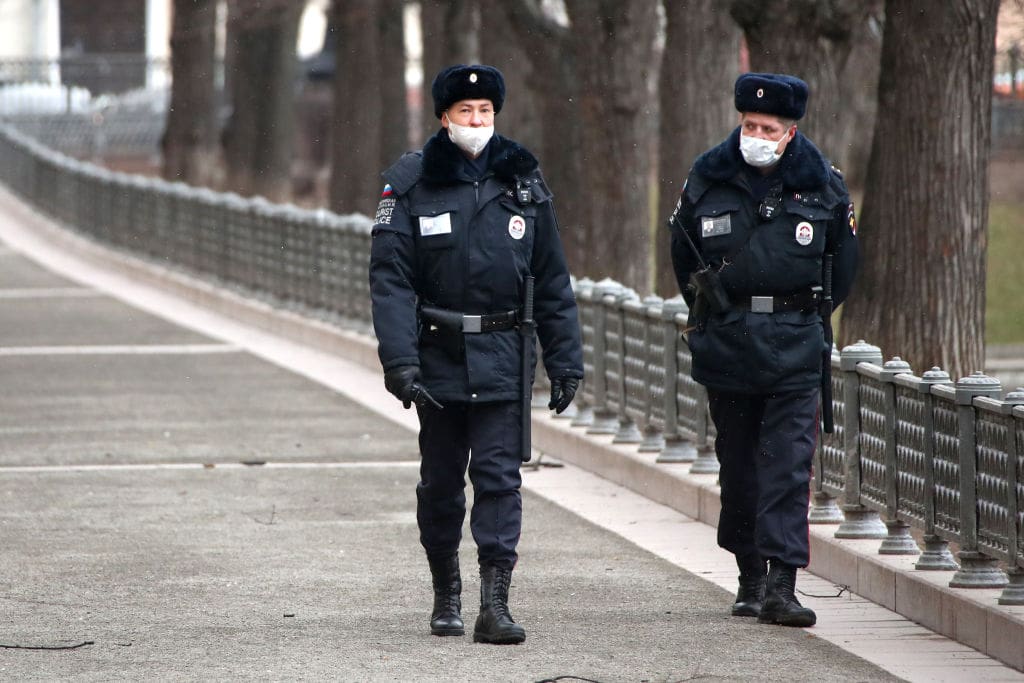“The present state of Russia’s penitentiary system – with overcrowding, poor ventilation and inadequate healthcare and sanitation – exposes prisoners to a higher risk of infectious diseases. If the authorities fail to implement urgent protective measures, the COVID-19 pandemic could strike Russia’s prisons with devastating consequences,” said Natalia Prilutskaya, Russia Researcher at Amnesty International.
“Many inmates are already in poor health and located in penal colonies hundreds of miles away from home and far from civil hospitals. Urgent action must be taken to stave off potential catastrophe, which is why we are calling on the Russian authorities to consider ways to reduce the nation’s prison population.
“The Russian authorities should urgently consider releases – especially pre-trial detainees and those prisoners who may be more vulnerable to the virus such as older persons or those in poor health – and take necessary measures to protect the health of all prisoners.”
Some aspects of the Russian penitentiary system are particularly hazardous during COVID-19. Among them is prisoner transportation, whereby individuals are packed inside confined and poorly ventilated train compartments, without light, running water or sanitary facilities. Due to the distances involved in transporting prisoners hundreds of miles to remote penal colonies, some may spend weeks in these appalling conditions.
According to the latest available data, almost 97,000 detainees (or 18.7% of Russia’s prison population) are held in pre-trial detention, where conditions, often overcrowded, are more hazardous in the face of COVID-19.
Pre-trial detainees now face longer periods in detention as all trials have now been suspended. Although there should be a presumption of release with pre-trial detention being used only exceptionally as a measure of last resort, in Russia scores of criminal suspects are detained pending trial without proper consideration of the necessity and proportionality of such a measure.
“There must be an urgent and genuine review of all decisions to remand criminal suspects in detention,” said Natalia Prilutskaya.
“We also reiterate our call for the release of all prisoners of conscience – those imprisoned solely for the peaceful exercise of their human rights. They should not have been imprisoned in the first place.”
Background
The provision of health care for prisoners is a state responsibility. Prisoners should enjoy the same standards of health care that are available in the community, including when it comes to testing, prevention and treatment of COVID-19. All detention facilities must be equipped with functioning sanitizers or other facilities that detainees and the staff can use. Constant access to running water must be ensured.
In addition, authorities must consider the potentially detrimental mental health impacts of the limitation of prison visits by family members and lawyers that has already been implemented. Alternative means of communication with the outside world must be ensured.
To learn more about COVID-19 and human rights, visit: https://www.amnestyusa.org/distant-but-together-responding-to-covid-19/
For more information or to arrange an interview, please contact Mariya Parodi, [email protected]

